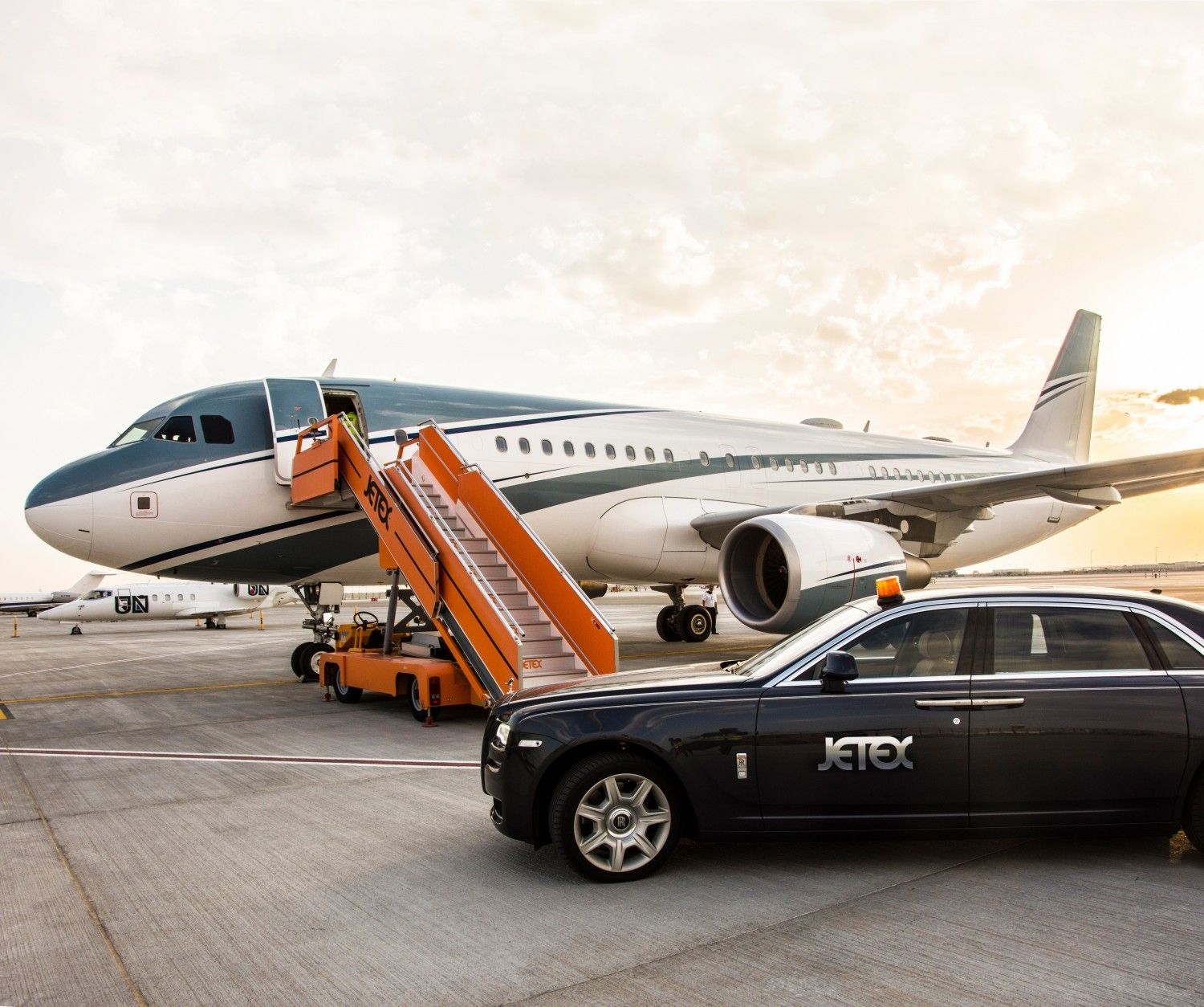Throughout the aviation industry, there are various acronyms and terms that some on the 'outside' may not be completely familiar with. FBO- or fixed-base operator- might be one of these terms. A significant part of airport operations around the world, let's pick the term apart and look at a few examples along the way...
Defining an FBO
An FBO, or fixed-base operator, is a company that has permission from an airport to operate on its premises to provide aeronautical services for aircraft, passengers, and crew. As Avion Insurance explains, FBOs are generally the primary providers of services in general aviation, or for private and recreational flying. Typically private companies, you'll find them at public airports, and sometimes on property next to airports. For smaller airports, FBOs can sometimes be run by the local government.
Put simply, if you were an aircraft owner, an FBO is a company you would seek out at your destination to arrange for your aircraft's service and maintenance while also potentially offering meal and lounge services for passengers when on the ground. However, FBOs can potentially offer much, much more.
As you can see below, Atlantic Aviation suggests that FBOs have their origins in the interwar period of the 1920s, with surplus military aircraft being used for transportation and crop dusting services.
Services provided by FBOs
Providing aviation services, the term is fairly broad and all-encompassing. The core of FBO operations tends to focus on aircraft maintenance. However, FBOs may go beyond this, and offer services ranging from aerial photography to crop dusting to sightseeing flights.
Skybrary notes the following services can be offered by FBOs:
- Sale of aviation fuel
- Short term parking
- Long term parking
- Line services (aircraft interior and exterior cleaning and lavatory servicing)
- Repair and maintenance
- Customs - Customs services may be collocated with the FBO; FBO personnel will often prepare customs paperwork on behalf of the aircraft crew
- Aircraft catering
- Restaurant facilities or vending machines
- Passenger services (baggage handling, provision of passenger lounges and ground transportation)
- Flight planning facilities - access to computer and telecommunication equipment for weather update and flight plan filing
- Flight crew lounge - dedicated rest areas for transient flight crew
- Car rental
- Air taxi and air charter operations
- Pilot training
- Aircraft rental
- Aircraft sales
- Sale of aircraft parts
- Sale of pilot supplies
- Aerial advertising - banner tow
For passengers, the range of amenities available will vary and depend on airport size and traffic. Avion Insurance notes that smaller, less busy airports might offer only basic amenities. Meanwhile, larger airports with more traffic might be able to offer a wider range of services and amenities. These might include restroom facilities, waiting rooms, and communications services. Additional amenities seen at larger airports might include restaurants, ground transportation, concierge services, in-flight catering, accommodations, lounges, and showers.
FBO examples
You may have seen some notable FBOs during your travels. More well-known examples of FBOs include the following:
- HNA's International conglomerate Swissport and its Executive Aviation division
- London-based Signature Flight Support
- Jetex- another Dubai-based firm which runs over 30 FBOs globally
Did you know about the term 'fixed-base operators'? Let us know by leaving a comment.

